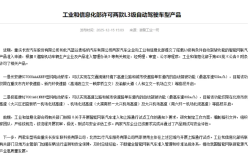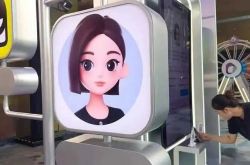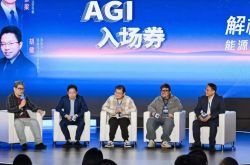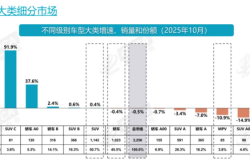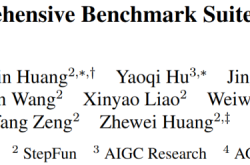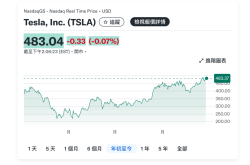NetEase Youdao: Seamlessly Integrating AI Technology in Education
![]() 08/27 2025
08/27 2025
![]() 507
507
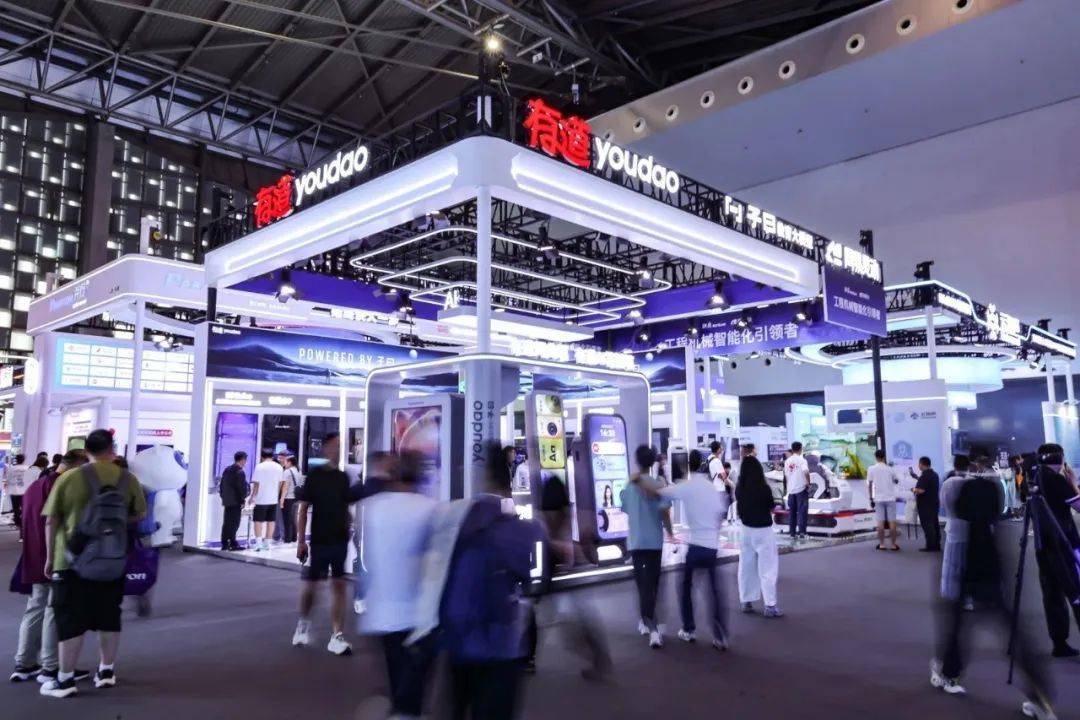
Produced by | Bullet Finance
Art Design | Qianqian
Reviewed by | Songwen
Since ChatGPT's emergence, AI has entered an era of unprecedented growth, with various AI products continually emerging, gradually permeating every aspect of our lives.
However, during a sharing session for YC alumni, Ultraman, the CEO of OpenAI, noted that despite the crowded application scenarios, education is where the most effort should be focused.
A fundamental question remains: In this dynamic era of AI, what is the core value of 'Education+AI'?
In July 2023, NetEase Youdao took the lead in launching 'Ziyue', the first domestic education large model, positioning itself as a pioneer in the field of domestic education technology. Yet, Zhou Feng, CEO of NetEase Youdao, believes that education is not about dazzling technology displays. He has repeatedly emphasized in public that "we prioritize solving the practical issues faced by parents and students over mere technology showcases".
NetEase Youdao's philosophy sees the integration of education and AI as a mutually reinforcing relationship, not just empty talk. True integration entails making AI 'invisible' within products, ensuring ease of use, simplicity, and user-friendliness, so that users can immediately adopt them, facilitating more efficient learning for students and easier tutoring for parents.
1. AI as a Tool, Not a Gimmick
NetEase Youdao has been relentlessly exploring the Education+AI field.
This year, in June, NetEase Youdao upgraded the 'Ziyue Large Model' to version 3.0, achieving layered model capabilities and significant breakthroughs in reasoning quality.
Zhou Feng used mathematical models as an example, explaining that in the context of solving math problems, millions of error-prone student questions were collected, with multiple filters applied to ensure data quality. During model training, a purely reinforcement learning strategy was adopted, and innovative technologies such as recent sample recovery and difficulty weighting strategies were introduced, effectively enhancing the model's problem-solving ability.
While large models' capabilities are continuously improving, this is not NetEase Youdao's ultimate goal. Zhou Feng is more concerned with how technology can be implemented in educational scenarios to benefit countless students.
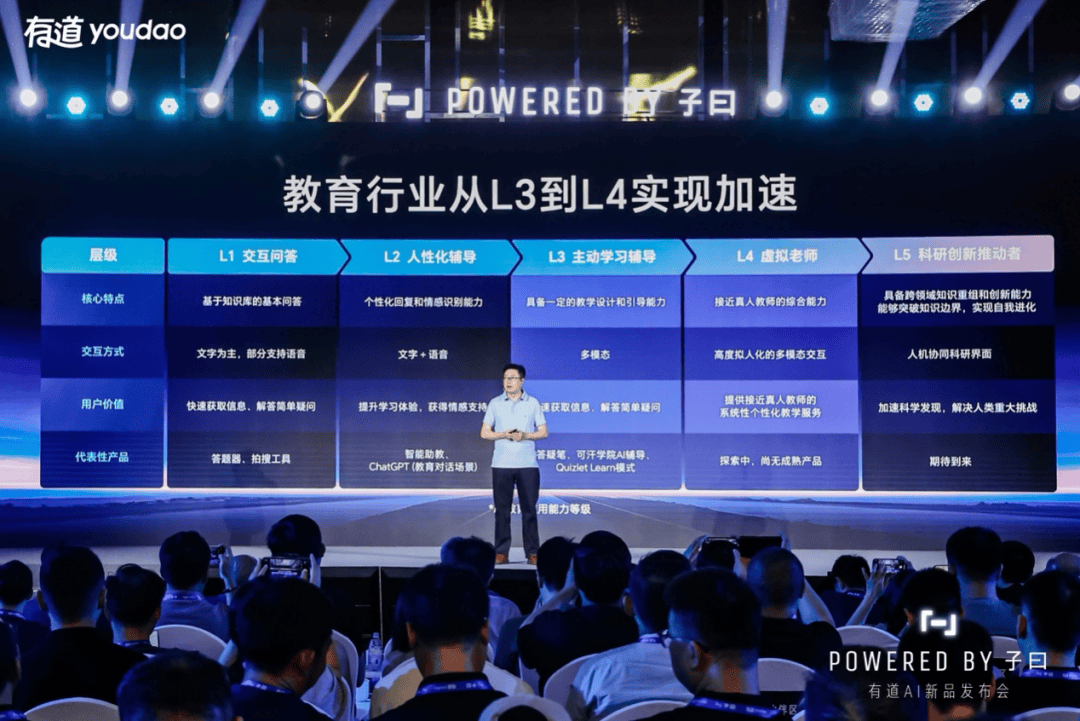
On August 20, NetEase Youdao held an AI new product launch event in Beijing titled 'POWERED BY Ziyue'. At the event, it unveiled multiple new AI products based on the 'Ziyue' education large model, including the new hardware Youdao AI Answering Pen Space X, the one-stop processing platform Youdao Audio and Video Translation, and the newly upgraded NetEase Youdao Dictionary.
Zhou Feng is a pragmatic leader who always emphasizes practical AI implementation, with "solving problems" being the core logic of product creation. Each product must address real user pain points.
So, what are these pain points for users?
Parents often struggle with specific learning issues their children encounter: inability to read words, inability to solve problems, poor listening comprehension, and hesitancy in practicing oral English. For children, the bottleneck in learning is not the vaguely defined 'learning ability' but the difficult problems appearing on exam papers.
NetEase Youdao's products aim to address these pain points one by one.
Take the dictionary pen, for example. When this product was first introduced, it was not favored by the outside world, being seen merely as an upgraded 'electronic dictionary'. However, through continuous iteration, NetEase Youdao combined AI voice, vocabulary, Little P Teacher, and virtual human oral tutor Hi Echo, truly transforming "instant word lookup" into an efficient and natural action.
The AI Answering Pen goes further, capable of analyzing complex problems and even explaining solution steps in video form. Duan Yitao, Chief Scientist of NetEase Youdao, stated that beyond solving problems, "We place greater emphasis on the quality of solutions, aiming to provide Socratic-style answers that guide students to think rather than simply telling them the answers."
Bullet Finance observed that NetEase Youdao's launch event was not overwhelmed with technical jargon or obscure data but started from scenarios most familiar to parents and students, allowing users to intuitively feel that "this is indeed what I need".
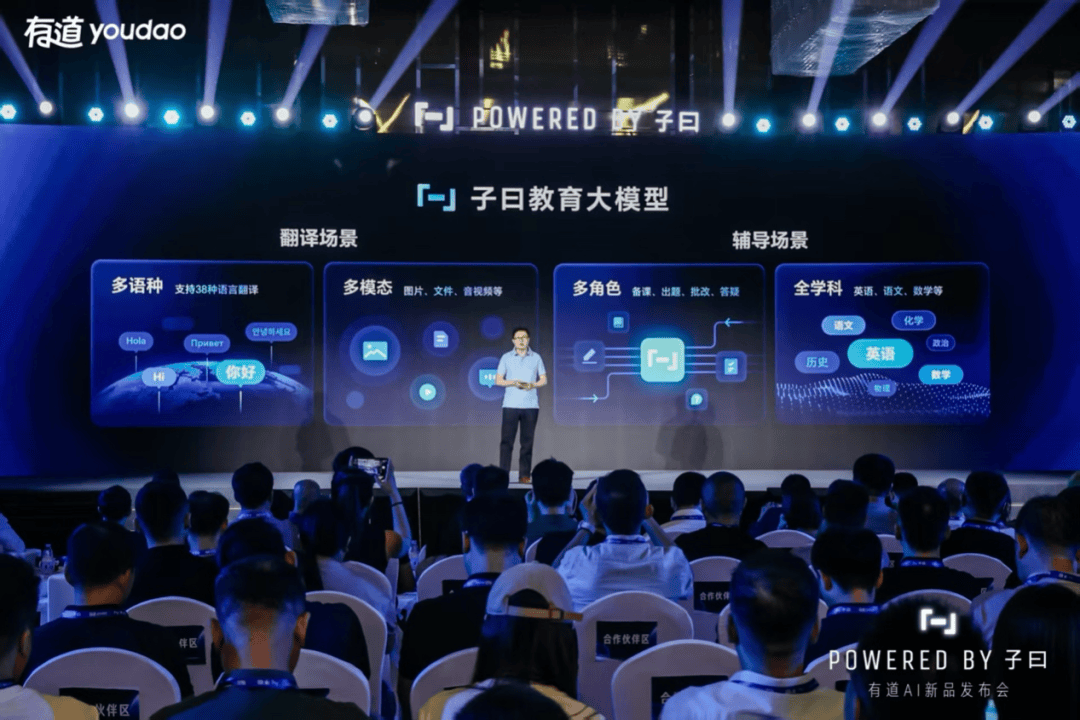
In the education industry, users have an extremely low tolerance for impractical products. If a product is flashy but not functional, it will quickly be abandoned. NetEase Youdao's logic is to "not blindly pursue hotspots" but to find suitable implementation scenarios, making each product an essential learning tool akin to a 'reference book'.
After all, 'Education+AI' is not a sprint but a long-term marathon. To endure, products must be reliable and practical rather than just 'showy'.
2. Taking a Differentiated Path, Digging Deeper
Education and AI are inherently highly competitive fields, and their fusion has intensified competition even further.
An RDI report indicated that despite the continuous deepening of the 'double reduction' policy, the demand for quality education from parents and students has not decreased. Learning tablets have successfully captured this demand shift through efficient resource integration, becoming the primary driver of market growth.
This naturally attracts numerous enterprises to join in. Among education brands, companies such as Xueersi, Zuoyebang, Xiaoyuan, and BBK compete fiercely. Among internet enterprises, 'big players' represented by Baidu and iFLYTEK are also continuously increasing their investments.
"There is a very personal experience of the fierceness of market competition," said Wu Yinghui, Senior Vice President of NetEase Youdao, candidly acknowledging the intense pressure in the education market, "Never harboring the illusion that there are no competitors in the market".
Observing the market, most peer companies are deeply involved in AI learning machines, AI study and practice machines, and other products, adopting a 'big and comprehensive' approach, hoping to cover the entire learning process through integrated devices.
Faced with such an environment, NetEase Youdao chose to take a differentiated path, digging deeper, and began to test new categories.
Last year, NetEase Youdao's flagship dictionary pen was equipped with the question-answering function of "Little P Teacher", and it was found that users frequently used this feature. Therefore, in February this year, NetEase Youdao took the lead in launching a new hardware category - the AI Answering Pen SpaceOne. This small product can not only display the thinking process but also explain math problems step by step, helping students find problem-solving approaches.
From feedback from a large number of users, NetEase Youdao found that unlike elementary school students who frequently use dictionary pens, junior and senior high school students have a greater demand for answering pens. In the first AI Answering Pen SpaceOne, the frequency of use for answering questions was much higher than that for word lookup and translation, with a penetration rate even 30% higher.
Data shows that the average daily number of questions answered by the AI Answering Pen SpaceOne exceeds 10 times, with science questions accounting for 60% of science question answering requests at the middle school level, fully demonstrating the demand of students and parents for efficient learning tools.
Therefore, NetEase Youdao quickly seized this opportunity and launched the second-generation AI Answering Pen Space X at the new product launch event on August 20.
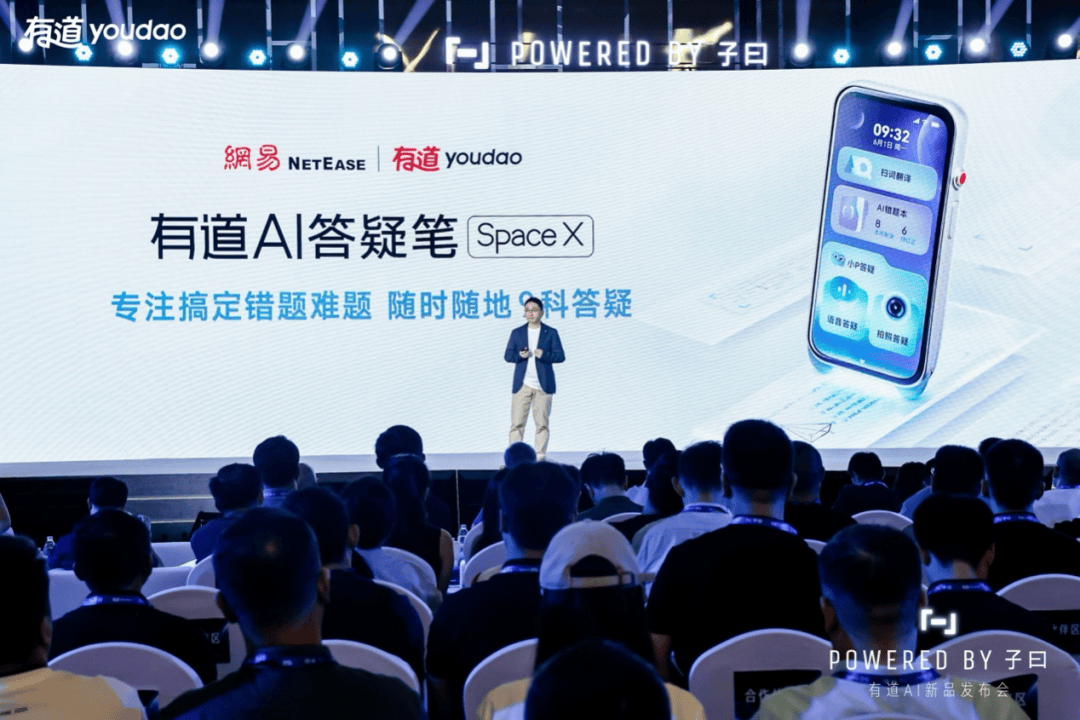
Compared to the first-generation product, Space X has been comprehensively upgraded in terms of scanning interaction, answering explanations, and hardware configuration, providing students with a more efficient, convenient, and intelligent 'AI teacher' experience.
In terms of functional experience, Space X has focused on upgrading its scanning and question interaction capabilities, using intelligent puzzle technology and a 3.6cm wide pen tip to achieve fast and accurate input of long and multi-image questions, truly achieving "scan as soon as you pick up the pen".
In terms of answering explanations, it adds blackboard-style video answers, combining images, text, and sound to restore real classroom explanations, making the originally "invisible thinking process" visually intuitive and enhancing the fun of learning.
At the same time, it introduces the AI Error Notebook function, scientifically organizing easily mistaken questions, helping students accurately overcome weaknesses, and forming a learning loop of "answering - consolidating - improving".
Wu Yinghui said that the AI Answering Pen combines the large model's understanding, reasoning, and interactive capabilities with the hardware form of a 'pen', truly solving the industry challenge of "how to answer complex questions anytime, anywhere".
And whether the AI Answering Pen has solved pain points, users have already answered with their 'wallets'. Wu Yinghui revealed that after the launch of SpaceOne, "this answering pen sold out twice".
"We hope that the AI Answering Pen can truly open up a new paradigm of instant question answering, allowing students to solve incorrect questions anytime, anywhere, and improve learning efficiency with the least amount of time and the shortest path," said Wu Yinghui.
3. Steady Progress, Delivering Only Mature Works
As early as 2023, there were reports that NetEase Youdao was entering the short video series track. Admittedly, short video series are currently the hottest track, but NetEase Youdao is not just "shooting short video series"; it is relying on its core competency of "translation" to assist in the overseas distribution of short video series content.
In fact, in addition to e-commerce and short video series, video creators and distributors on platforms such as TikTok also have video translation needs. Wu Yinghui believes that in the past two years, overseas e-commerce and short video series may have been worth tens of billions, but it is expected to soon reach hundreds of billions.
With such a vast market prospect, there is no shortage of competitors.
Zhang Yi, head of NetEase Youdao's Smart Application Business Unit, admitted that some manufacturers may have been engaged in audio and video translation even before the emergence of large models, and Youdao was not an early entrant in this field.
However, NetEase Youdao did not suddenly decide to enter this market this year on a whim. Zhang Yi said, "Actually, after the emergence of large models, we have been paying attention to this direction. We encountered some technical difficulties before, but this year, with the improvement of reasoning models and multi-modal model capabilities, we seized the opportunity inside".
At the new product launch event on August 20, NetEase Youdao officially launched "Youdao Audio and Video Translation", pioneering a multi-modal integrated original sound translation system of "text + audio + video", which can not only recognize text but also capture the speaker's emotions and scene characteristics, making the translation more in line with actual communication contexts.
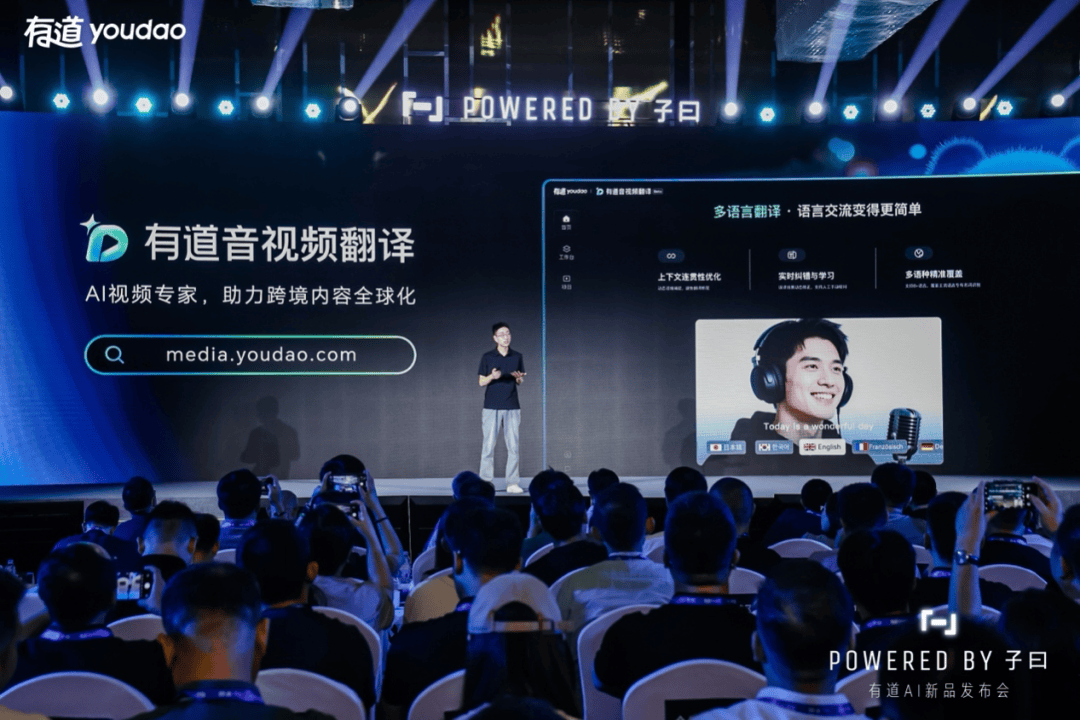
This experience is vastly different from the stiffness and fragmentation of traditional translation software. More importantly, the cost advantage is huge - taking the processing of 100 episodes of short video series (about 300 minutes) as an example, the industry average price is about 1,500 yuan, while "Youdao Audio and Video Translation" can reduce the price to less than 100 yuan.
In addition to the price advantage, there is also speed. Zhang Yi explained that the industry used to habitually and by default spend half an hour translating a 10-minute video, and audio and video translation processing was just that slow. Now, "Youdao Audio and Video Translation" can complete the processing of a 10-minute video in just 3 minutes.
Zhang Yi candidly admitted that the company is extremely cautious in product refinement. Although the platform already has translation functions for multiple languages, the most mature one is still English, so English translation is being launched first, with subsequent optimization of other minor language translations to follow. "Rather than hastily launching a product with a score of '60-70', it is better to first excel in English translation".
This approach continues NetEase Youdao's consistent pragmatic style - not rushing for success, but only pursuing "the best".
Data proves that this "restraint" has brought commercial success. In the first half of 2025, NetEase Youdao achieved revenue of 2.7 billion yuan, a year-on-year increase of 0.08%; net profit was 58.98 million yuan, a year-on-year increase of 168%.
It is reported that NetEase Youdao achieved full-year operating profit in 2024 and has since achieved profit for four consecutive quarters. It is evident that the commercialization of product implementation has begun to show results.
NetEase Youdao's pragmatism is not flashy but demonstrates a power that accumulates over time. This pragmatic attitude may be exactly the calmness and clarity that the education industry needs most in the wave of AI.
*Images in the article provided by: NetEase Youdao.


